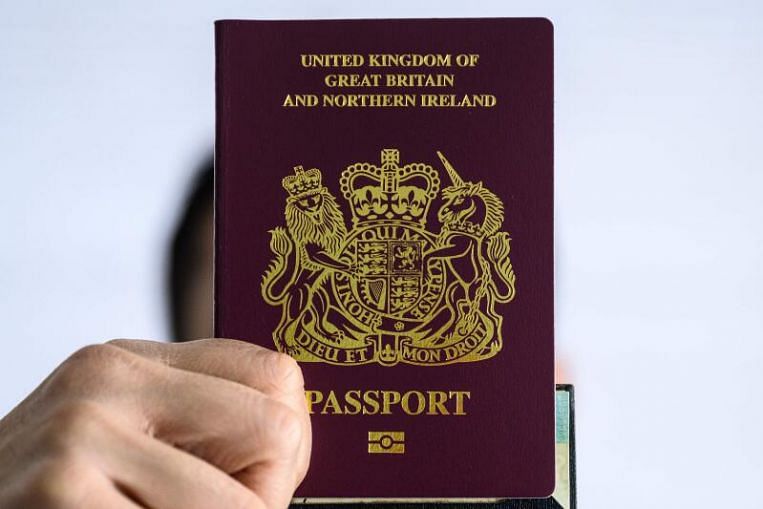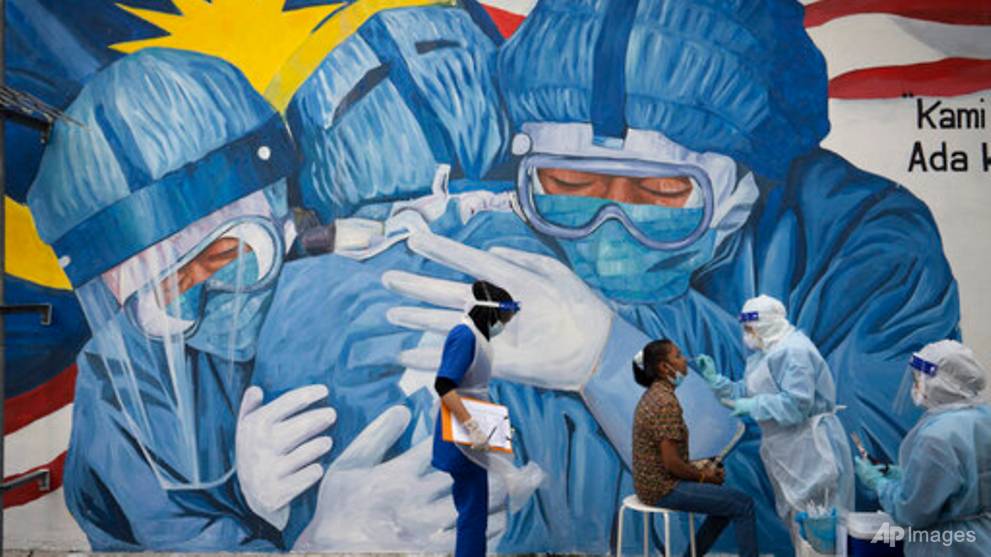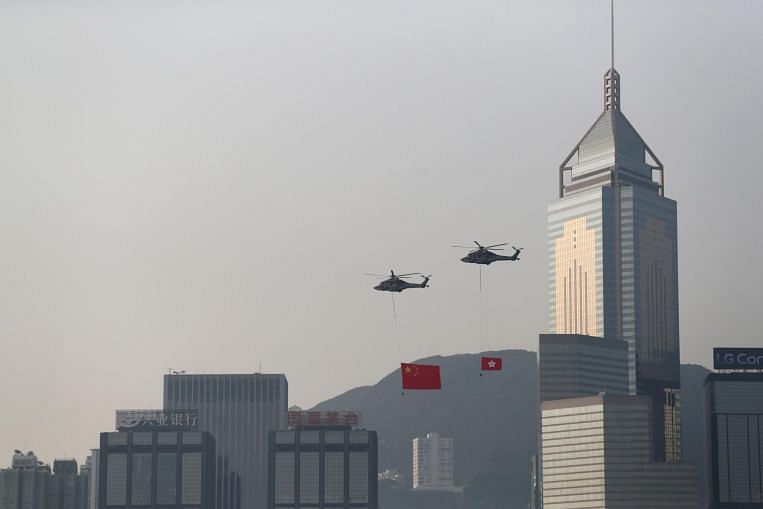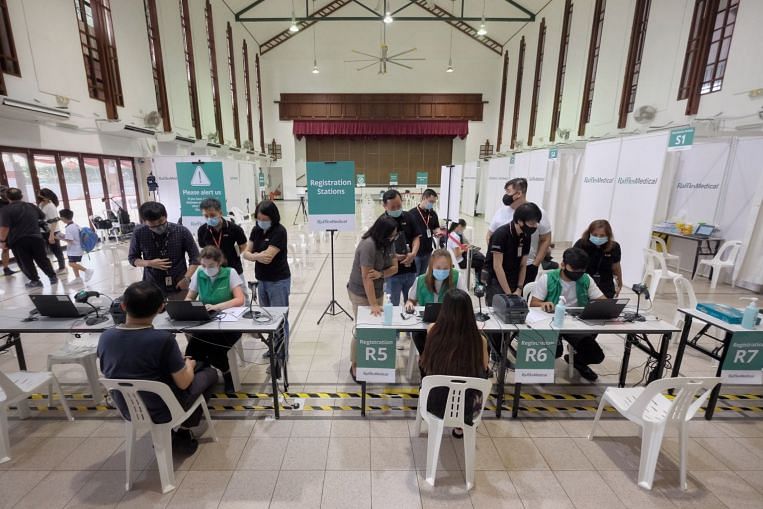
BEIJING (AFP, REUTERS) - China on Friday (Jan 29) said it will "no longer recognise" the British National (Overseas) passport for Hong Kongers as Britain prepares to open its doors to millions more residents of the former colony following a security crackdown by Beijing.
The Chinese move follows a promise by British Prime Minister Boris Johnson's government to provide long-term sanctuary for Hong Kong residents who want to leave the territory. Holders of British National (Overseas) status - a legacy of British rule over Hong Kong up to 1997 - will from Sunday be able to apply to live and work in Britain for up to five years, and eventually seek citizenship.
"I am immensely proud that we have brought in this new route for Hong Kong BNOs to live, work and make their home in our country," Mr Johnson said in a statement.
BNO passport holders previously had only limited rights to visit Britain for up to six months, and no right to work or settle.
Beijing was swift to hit back at the British change on Friday.
"From Jan 31, China will no longer recognise the so-called BNO passport as a travel document and ID document, and reserves the right to take further actions," foreign ministry spokesman Zhao Lijian told reporters.
Following China's move, Hong Kong also said it would not recognise the BNO passport as a valid travel document from Jan 31.
Mr Zhao said an "indignant" China believed Britain had marched well beyond the scope of the agreement, therefore nullifying it.
"The UK is trying to turn large numbers of Hong Kong residents into second-class UK citizens... and has already completely changed the nature of the BNO," he added.
China's move against Britain over the issue is widely seen as more symbolic than having a practical impact, as Hongkongers do not need BNO passports to travel in and out of the city or the country, but it could signal tougher action to come, the South China Morning Post reported.
The threat of further action suggests Beijing may be preparing more restrictions for BNO holders down the line.
Chinese officials already warned last year that they might consider ending recognition of BNO passports. At the time, they said it would mean BNO holders being unable to travel to the Chinese mainland.
Hong Kongers use their own Hong Kong passport or ID card to leave the city. To enter mainland China, they need to use their Hong Kong passport. The only time they might use a BNO is on arrival into Britain or another country that recognises the document.
London says it is acting in response to a national security law imposed by China last June which has devastated Hong Kong's democracy movement and eroded freedoms meant to last 50 years under the 1997 handover accord.
Beijing’s imposition of the national security law prompted Britain to offer refuge to almost 3 million Hong
Kong residents eligible for the BNO passport from Jan 31. The scheme, first announced last year, opens on Sunday and allows those with BNO status to live, study and work in Britain for five years and eventually apply for citizenship.
BNO is a special status created under British law in 1987 that specifically relates to Hong Kong.
The new 250 pound (S$456) visa could attract more than 300,000 people and their dependents to Britain and generate up to 2.9 billion pounds of net benefit to the British economy over the next five years, according to government forecasts.
From around midday on Sunday, eligible applicants can apply online and book an appointment to register their fingerprints at a visa application centre.
From Feb 23, some will be able to make the application via a smartphone app.
It is still highly uncertain how many people will actually take up the offer. The British government estimates that 2.9 million people and a further 2.3 million dependents will be eligible to come to Britain.
https://news.google.com/__i/rss/rd/articles/CBMicmh0dHBzOi8vd3d3LnN0cmFpdHN0aW1lcy5jb20vYXNpYS9lYXN0LWFzaWEvY2hpbmEtd2lsbC1uby1sb25nZXItcmVjb2duaXNlLXVrLWlzc3VlZC1ibm8tcGFzc3BvcnQtZm9yLWhvbmcta29uZ2Vyc9IBAA?oc=5
2021-01-29 17:31:54Z
52781337997531





